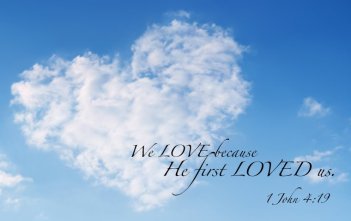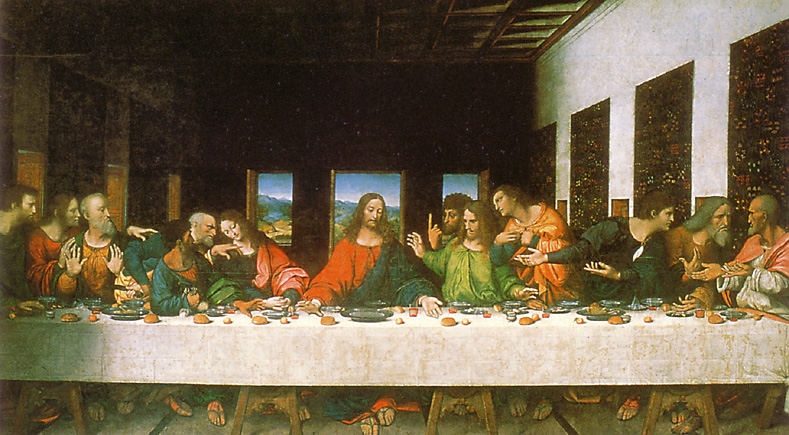Normally when I decide to share a poem with the world, I like to let the work speak for itself, but I felt I wanted to write somewhat of an introduction for this one. If it works out, I’m thinking of making this a series. We’ll see…
When I write poetry, it usually comes out of my journaling, out of the issues and questions and ideas that I’m exploring and that God is speaking to me about and showing me. Recently I’ve been reading the book Romans again. I have always loved chapter five, and especially the first 11 verses. This passage is basically the book of Romans, and really the Gospel itself, in a nutshell. It uses such powerful language throughout, and verse 8 in particular has always struck me:
“God shows his love for us in that while we were still sinners, Christ died for us.”
This is so important because it’s saying that even before we knew Him, even before we had any hope of ever being able to return His love, He chose to sacrifice everything for us. That’s how vast His love is. And as I began to explore this idea and let God speak to me about it and write down those thoughts, this poem started to take shape.
***
You asked for our hearts
and we gave You stones
You saw us, the selves we were
through our pretense and
the selves we would never be
despite our striving
and piercing through our doubt
our accomplishment and fear
our fruitless attempts at glory
our shadow righteousness
our hatred and lust and deceit
and seeing our brokenness
our base and backward temperament
our aimless stumbling through deserts of stone
our filth and nakedness in the face of Your splendour
and knowing that from our birth
our hearts were turned against You
our eyes darkened to Your brilliance
our hands and lips given to violence
our wills bent to our own weaknesses
still
with reckless hope
You opened Your arms to
our resentment
You took our shame
our mocking voices silenced
by Your tears
the stones of our hearts
pressing You into the earth
the bread of Your body
broken by the weight of our sin
You have loved us with an everlasting love
You have drawn us with unfailing kindness
You have placed Your heart in our hands
knowing we could never hold it but for Your hands
beneath us
without thought
for Your own security
You have given us what we
cannot repay
cannot consume
cannot comprehend
out of the prudence of death, Your
reckless love
has brought us to life
without condition
without reserve
without fear
and in the perfect peace
of Your extravagance we find
there is no risk in the return;
only love remains




